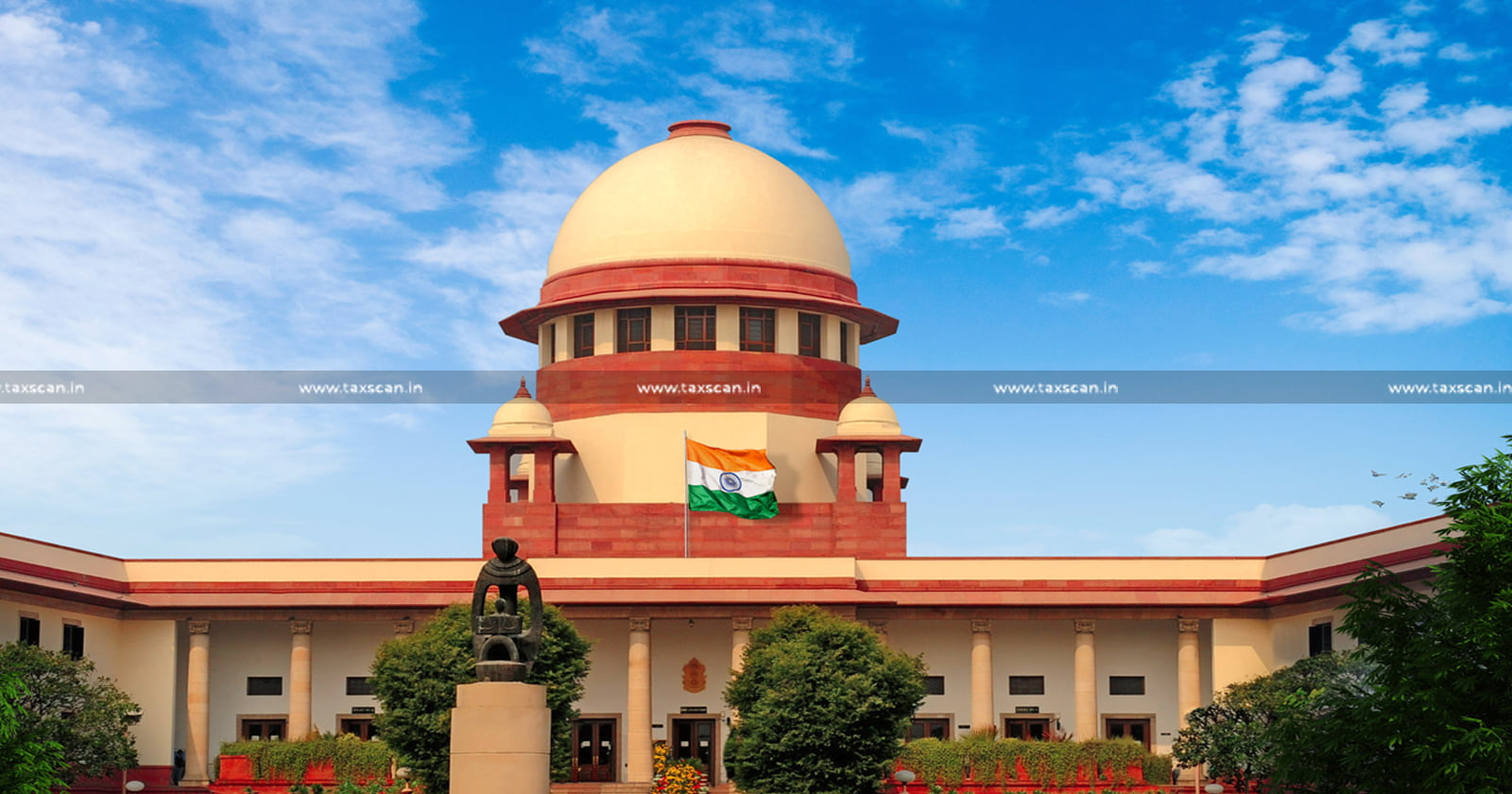Banks/NBFCs required to Follow MSME Restructuring Process before NPA Classification: Supreme Court reverses Bombay HC decision [Read Judgement]
It was observed that the High Court's ruling was erroneous, which had stated that banks were not required to independently adopt the restructuring process outlined in the Framework dated May 29, 2015

Banks – NBFCs – Follow MSME Restructuring – NPA Classification – Supreme Court – Bombay HC – taxscan
Banks – NBFCs – Follow MSME Restructuring – NPA Classification – Supreme Court – Bombay HC – taxscan
The Supreme Court ruled that the banks and NBFCs ( Non-Banking Financial Corporations ) are required to follow the restructuring process of the MSME as contemplated in the Notification dated 29th May, 2015 before the NPA ( Non- Performing Assets ) classification.
The appellants, registered as Micro, Small, and Medium Enterprises ( MSMEs ) under the MSME Development Act, 2006, have challenged a common order dated 11.01.2024 by the Bombay High Court.
The High Court dismissed their writ petitions, ruling that banks and NBFCs are not required to adopt the restructuring process outlined in the Ministry of MSME's Notification dated 29.05.2015 without a formal application from the MSMEs. The court allowed the appellants to pursue alternative remedies but did not address the merits of their claims.
The appellants had challenged actions taken by banks and NBFCs under the Securitisation and Reconstruction of Financial Assets and Enforcement of Security Interest Act, 2002 (SARFAESI Act).
They argued that their loan accounts should not have been classified as Non-Performing Assets (NPAs) without adhering to the restructuring guidelines in the 2015 Notification. They contended that the banks' failure to follow these guidelines rendered the SARFAESI Act actions illegal.
Respondents, however, argued that the SARFAESI Act provisions override the MSME Act's guidelines. They maintained that the appellants did not apply for the restructuring benefits at the appropriate time and that the restructuring process and NPA classification are independent matters. The respondents claimed that the MSME guidelines are merely directory and do not have statutory force.
Justices Bela M. Trivedi and R. Mahadevan found the High Court's ruling was erroneous, which had stated that banks were not required to independently adopt the restructuring process outlined in the Framework dated May 29, 2015.
The apex court held that the Framework, as revised, is mandatory. Instructions from the Central Government under Section 9 of the MSMED Act and from the RBI under Sections 21 and 35A of the Banking Regulation Act are binding on all banking companies and have statutory force.
The impugned order was set aside. As the SARFAESI Act proceedings were already concluded and possession of the properties had been taken by the banks, the cases were not remanded to the High Court for fresh consideration. However, since the High Court did not address all factual issues, appellants are permitted to pursue any legal remedies for unresolved issues. All appeals of the petitioners were allowed accordingly.
To Read the full text of the Judgement CLICK HERE
Support our journalism by subscribing to Taxscan premium. Follow us on Telegram for quick updates


